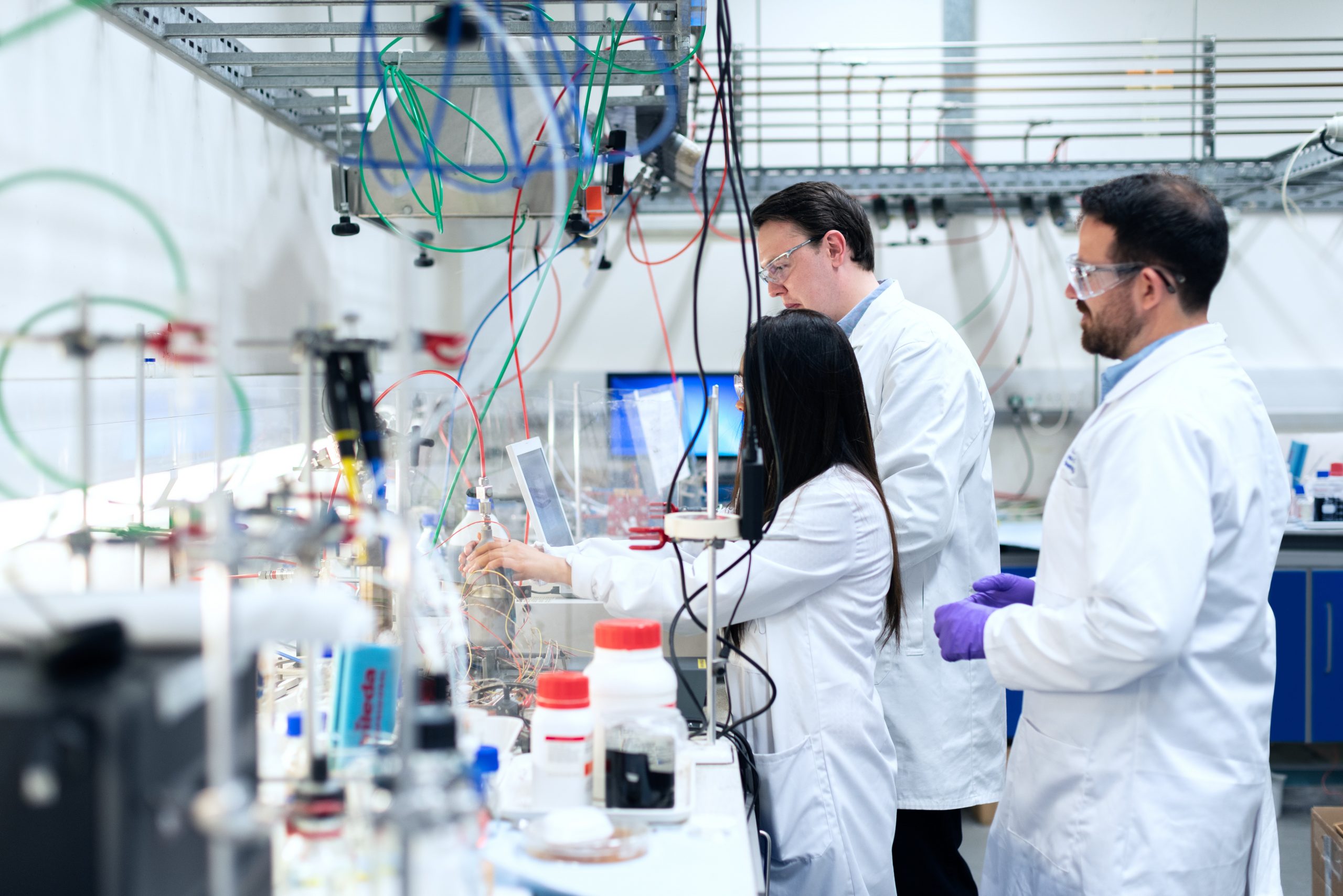A Laboratory Referral Agreement is a formal contract between a referring entity, such as a hospital, clinic, or physician’s office, and a laboratory that provides diagnostic testing services. This agreement outlines the terms under which patient specimens are sent to the laboratory for analysis, ensuring clarity in responsibilities, compliance with regulations, and the maintenance of high-quality patient care.
In the complex landscape of healthcare, timely and accurate diagnostic testing is crucial for effective patient care. Often, healthcare providers need to refer specimens to specialized laboratories for analysis. Establishing a Laboratory Referral Agreement ensures that both parties—the referring entity and the laboratory—understand their roles, responsibilities, and the standards expected in the handling and processing of specimens.
Importance of a Laboratory Referral Agreement
A well-structured Laboratory Referral Agreement serves several critical functions:
- Clarifies Roles and Responsibilities: Clearly delineates the duties of both the referring entity and the laboratory, reducing the potential for misunderstandings.
- Ensures Regulatory Compliance: Helps both parties adhere to healthcare regulations, including patient privacy laws and laboratory standards.
- Defines Service Expectations: Sets clear expectations regarding turnaround times, reporting procedures, and quality standards.
- Facilitates Effective Communication: Establishes protocols for information exchange, ensuring that critical data is shared promptly and accurately.
Read Also:- Laboratory Policies and Procedures: A Comprehensive Guide for Healthcare Providers
Key Components of a Laboratory Referral Agreement
An effective Laboratory Referral Agreement should include the following elements:
1. Parties Involved
Clearly identify the referring entity and the laboratory, including their official names, addresses, and contact information.
2. Scope of Services
Detail the specific laboratory services to be provided, including the types of tests, methodologies, and any specialized procedures.
3. Specimen Handling and Transportation
Outline procedures for specimen collection, labeling, storage, and transportation to ensure specimen integrity and compliance with safety standards.
4. Turnaround Times
Specify expected timeframes for test results from the receipt of specimens, addressing different categories of tests as necessary.
5. Reporting and Communication
Define the format, content, and delivery methods for test results, including protocols for critical or abnormal findings.
6. Quality Assurance and Compliance
Include provisions for maintaining quality standards, compliance with regulations such as CLIA (Clinical Laboratory Improvement Amendments), and accreditation requirements.
7. Confidentiality and Data Security
Address the handling of patient information in compliance with HIPAA (Health Insurance Portability and Accountability Act) and other privacy laws, ensuring data security measures are in place.
8. Billing and Payment Terms
Detail the financial arrangements, including test pricing, invoicing procedures, payment terms, and responsibilities for insurance billing.
9. Duration and Termination
Specify the agreement’s duration, renewal terms, and conditions under which either party may terminate the agreement, including notice requirements.
10. Dispute Resolution
Establish mechanisms for resolving disagreements, such as mediation or arbitration, to avoid litigation.
Read Also:- Ensuring Laboratory Compliance: Key Considerations and Services
Legal Considerations
When drafting a Laboratory Referral Agreement, it’s essential to consider the following legal aspects:
- Regulatory Compliance: Ensure adherence to federal and state regulations governing laboratory testing and patient referrals.
- Anti-Kickback Statutes: Avoid arrangements that could be construed as inducements for referrals, which are prohibited under anti-kickback laws.
- Liability and Indemnification: Clearly define liability provisions and indemnification clauses to protect both parties in case of errors or legal claims.
Consulting with legal professionals experienced in healthcare law is advisable to navigate these complexities effectively.
Steps to Implementing a Laboratory Referral Agreement
Implementing a Laboratory Referral Agreement involves several key steps:
1. Needs Assessment
Evaluate the types of laboratory services required and identify potential laboratory partners that meet these needs.
2. Partner Selection
Choose a laboratory that offers the necessary services, maintains high-quality standards, and complies with regulatory requirements.
3. Agreement Drafting
Collaborate with legal counsel to draft an agreement that encompasses all key components and addresses specific needs and concerns.
4. Review and Negotiation
Both parties should thoroughly review the draft agreement, negotiate terms as needed, and ensure mutual understanding and agreement.
5. Execution and Implementation
Once finalized, both parties sign the agreement, and procedures outlined within are implemented in daily operations.
6. Ongoing Monitoring and Evaluation
Regularly assess the arrangement’s effectiveness, monitor compliance, and update the agreement as necessary to reflect changes in services or regulations.
Read Also:- What Is a Laboratory Compliance Specialist?
FAQs
Q1: What is a Laboratory Referral Agreement?
A Laboratory Referral Agreement is a formal contract between a referring healthcare entity and a laboratory, outlining the terms for referring patient specimens for diagnostic testing.
Q2: Why is a Laboratory Referral Agreement important?
It ensures clear understanding of roles, compliance with regulations, and sets expectations for service quality, contributing to effective patient care.
Q3: Can a Laboratory Referral Agreement include provisions for electronic health record (EHR) integration?
Yes, incorporating provisions for EHR integration can enhance the efficiency of data exchange between the referring entity and the laboratory, ensuring timely and accurate sharing of patient information and test results.
Q4: What are the consequences of not having a Laboratory Referral Agreement in place?
Without a formal agreement, both parties may face misunderstandings regarding roles, responsibilities, and expectations, potentially leading to operational inefficiencies, compliance issues, and compromised patient care.
Q5: How does a Laboratory Referral Agreement differ from a standard service contract?
A Laboratory Referral Agreement specifically addresses the referral of patient specimens for diagnostic testing, detailing roles, compliance, and service expectations unique to laboratory services, unlike general service contracts.
Conclusion
A Laboratory Referral Agreement is a vital tool in the collaboration between healthcare providers and laboratories, ensuring that diagnostic testing services are delivered efficiently, accurately, and in compliance with legal standards. By clearly defining roles, responsibilities, and expectations, such agreements contribute to improved patient care and operational efficiency. Regular review and adherence to the agreement’s terms are essential to maintain a successful partnership and uphold the highest standards of healthcare delivery.



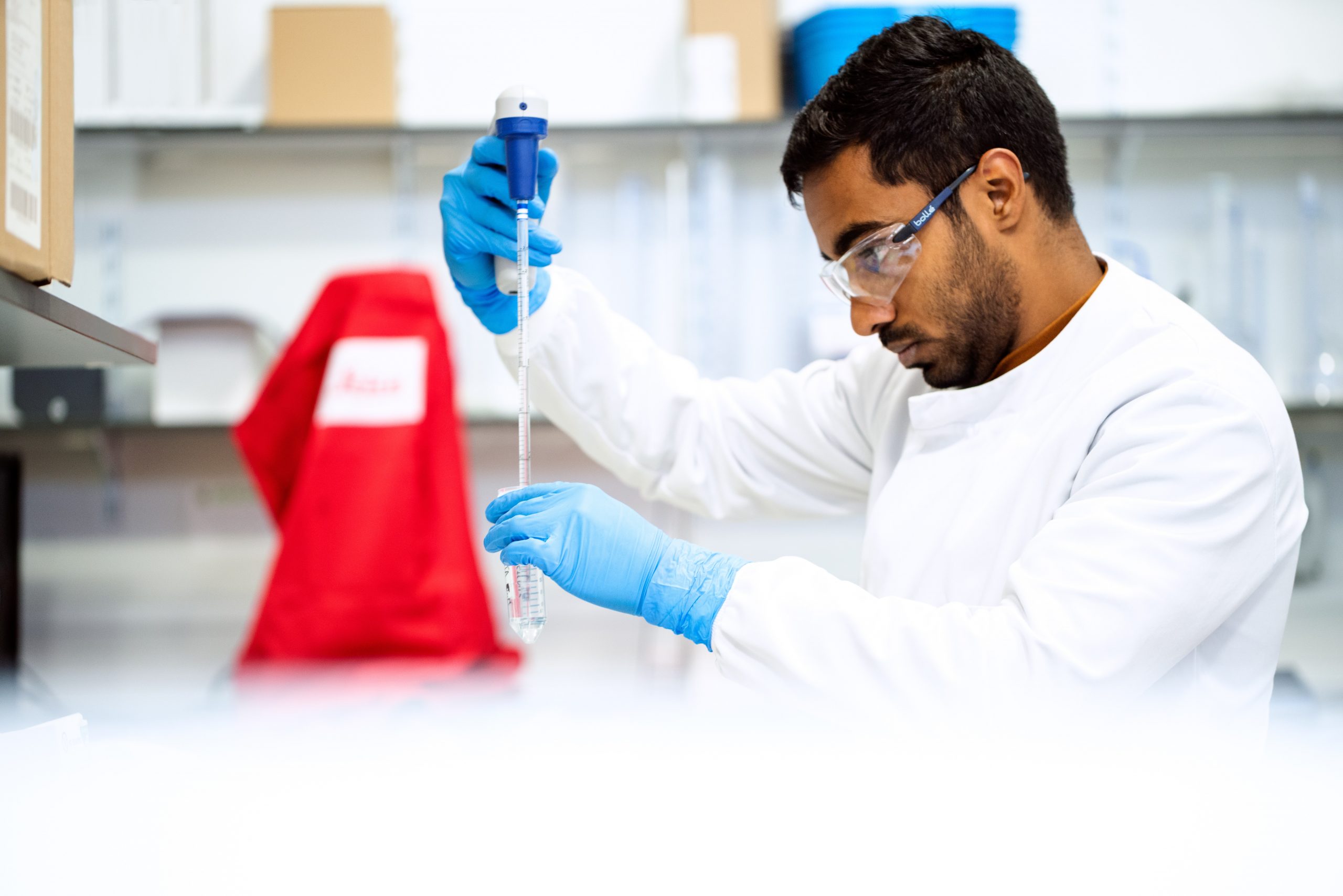
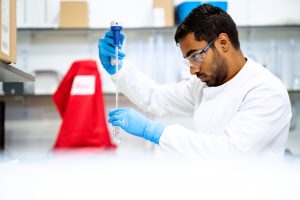 By:
By: 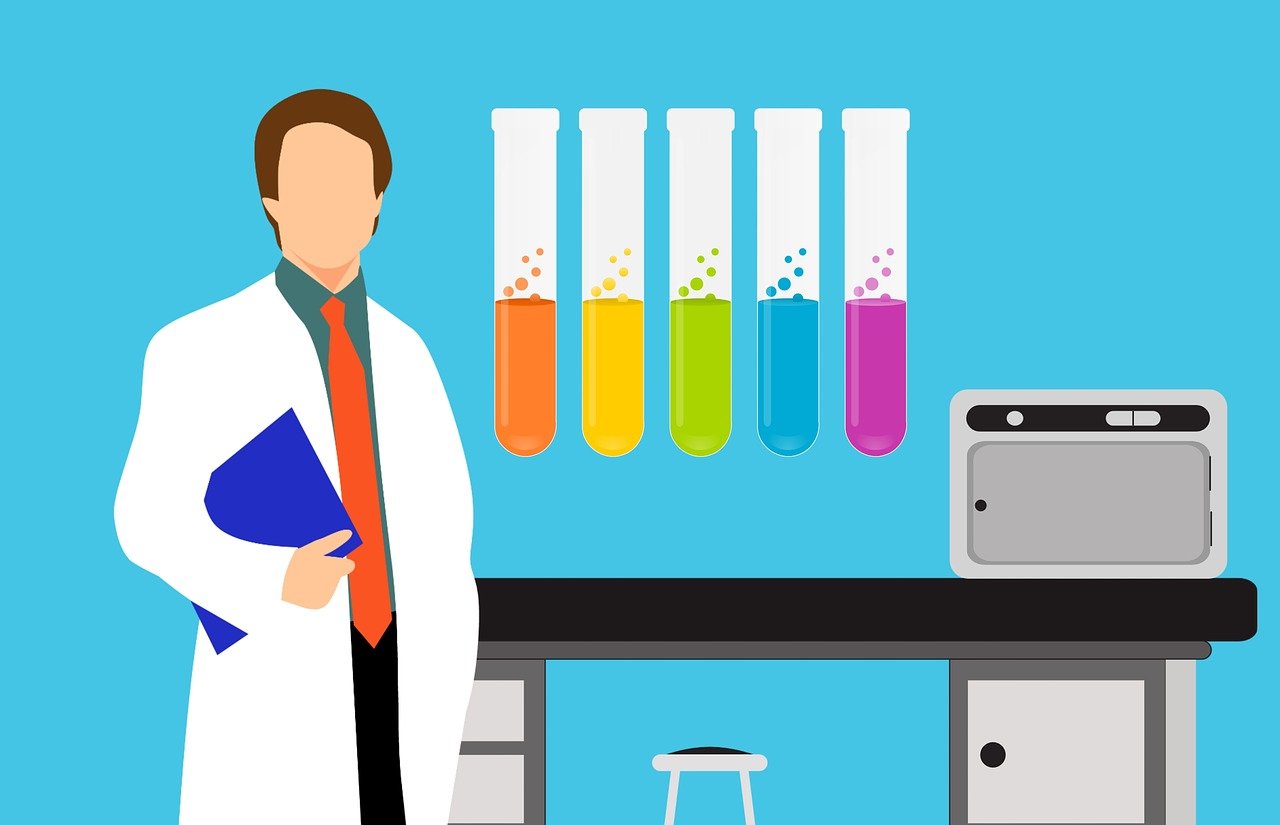
 By:
By: 
 By:
By: 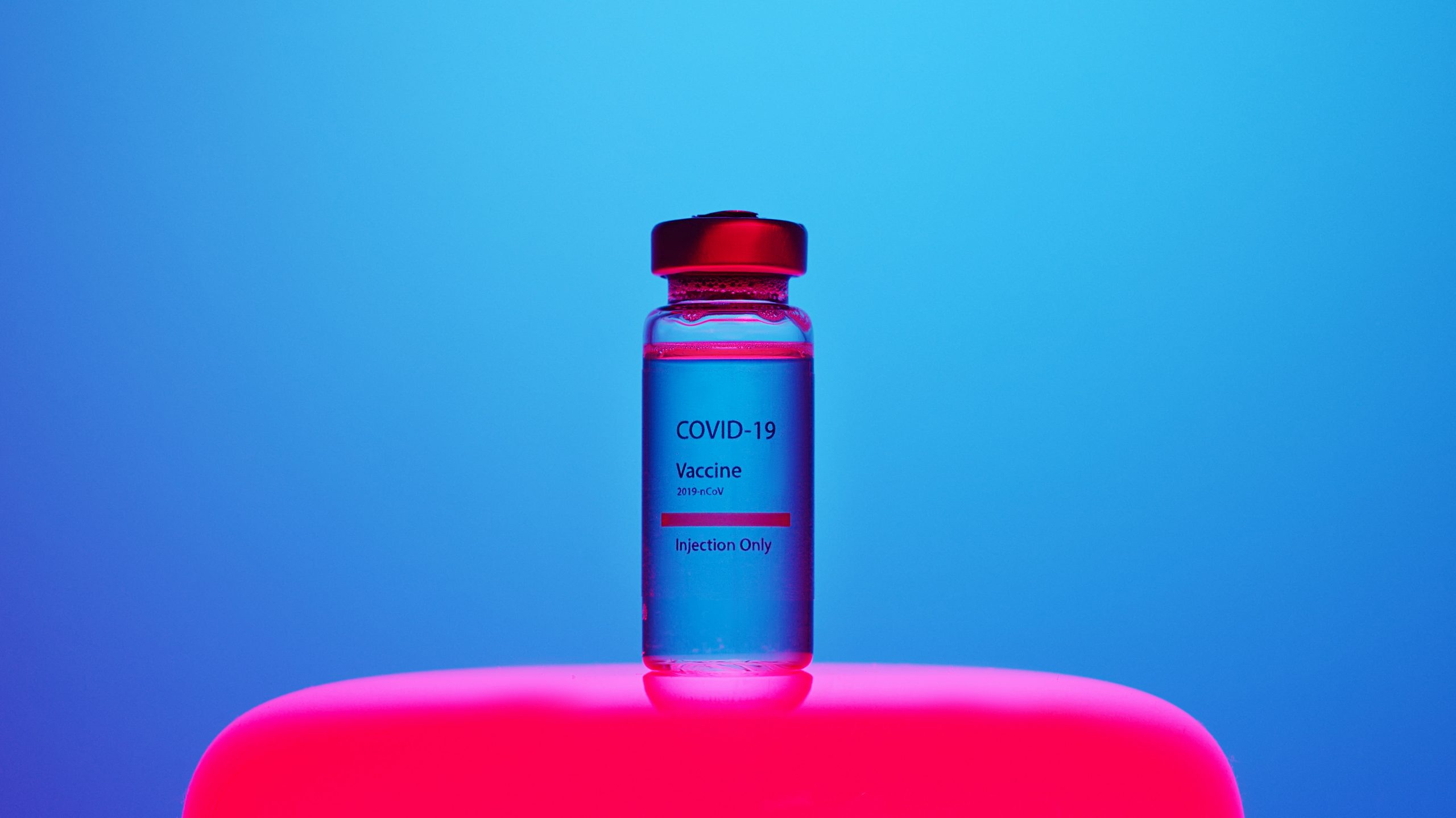
 By:
By: 